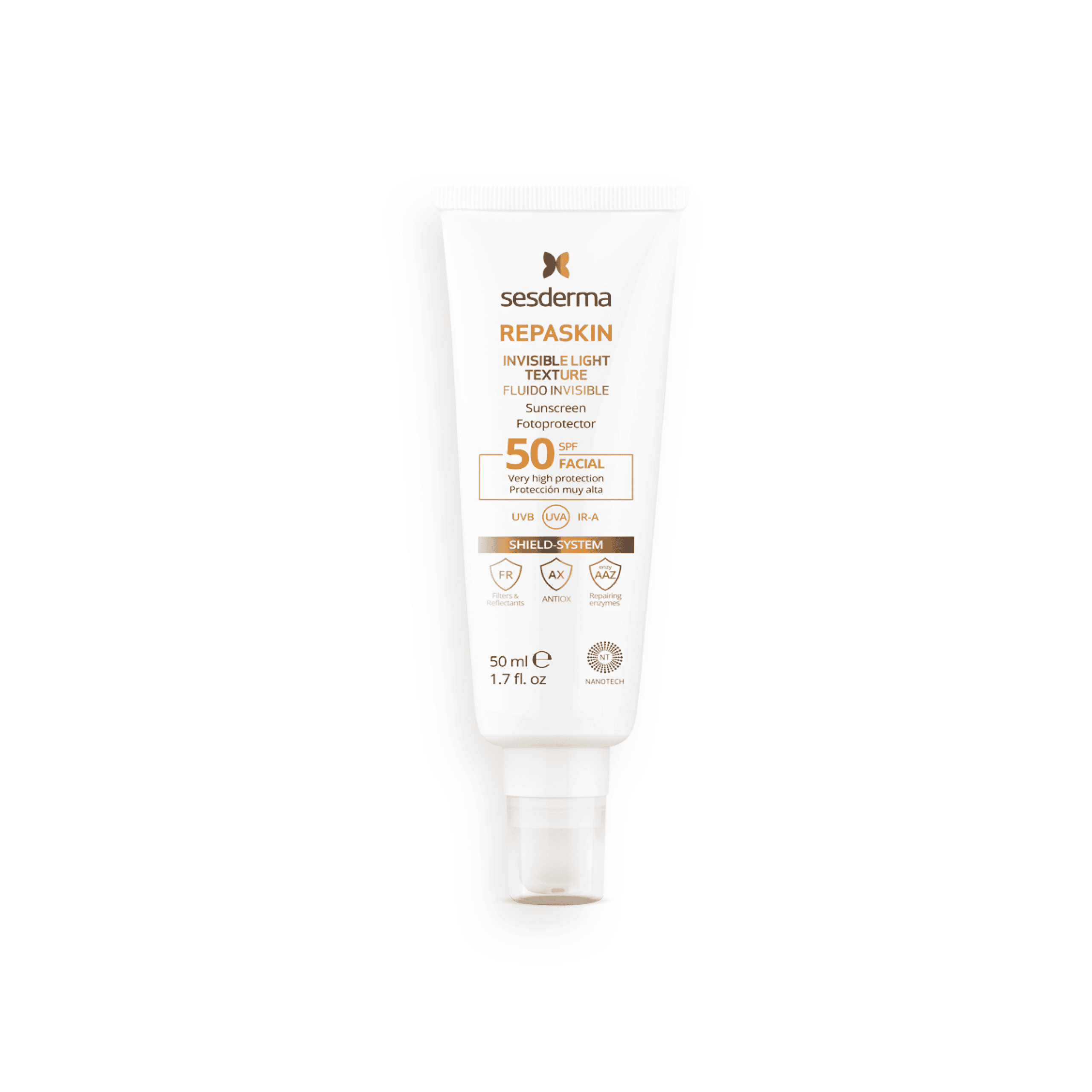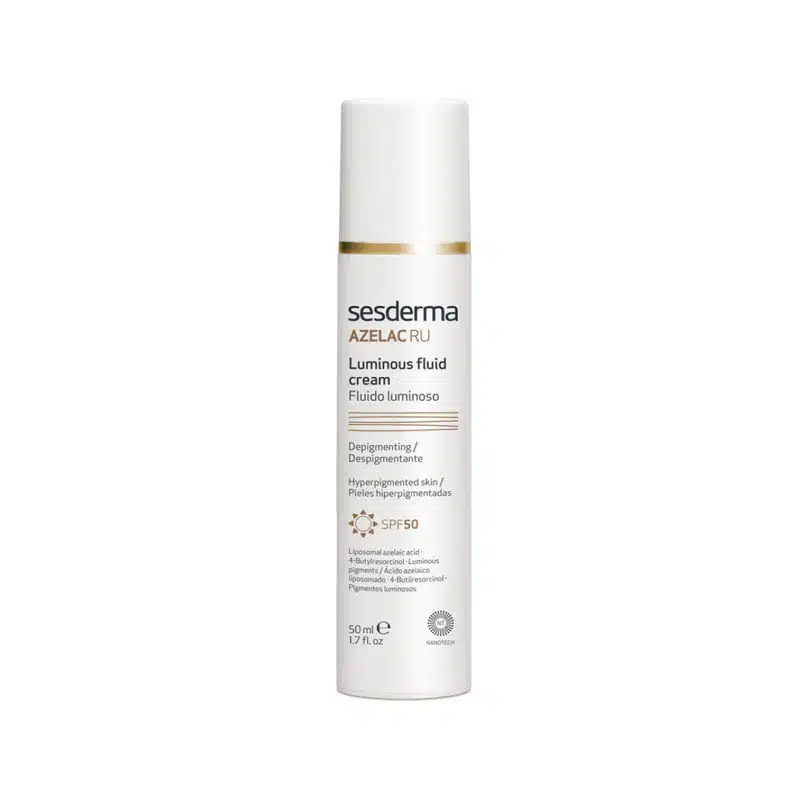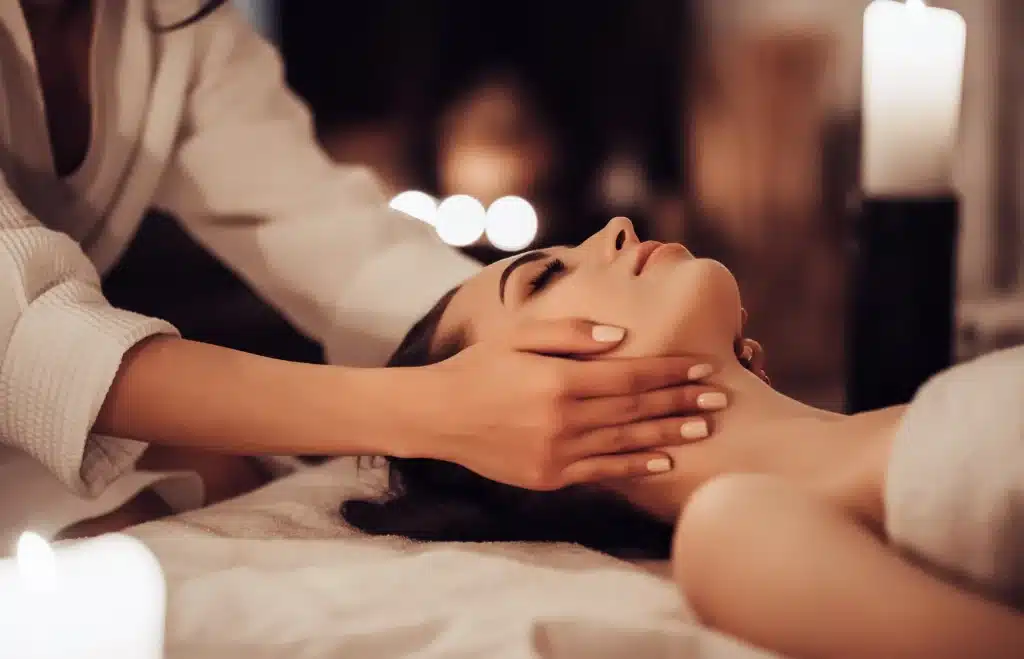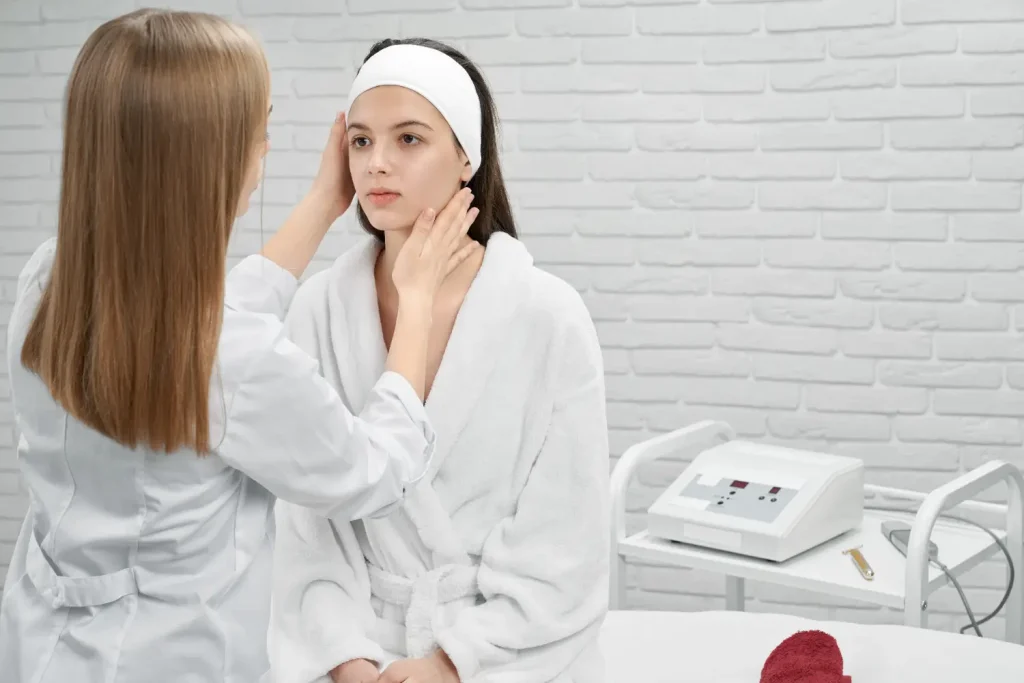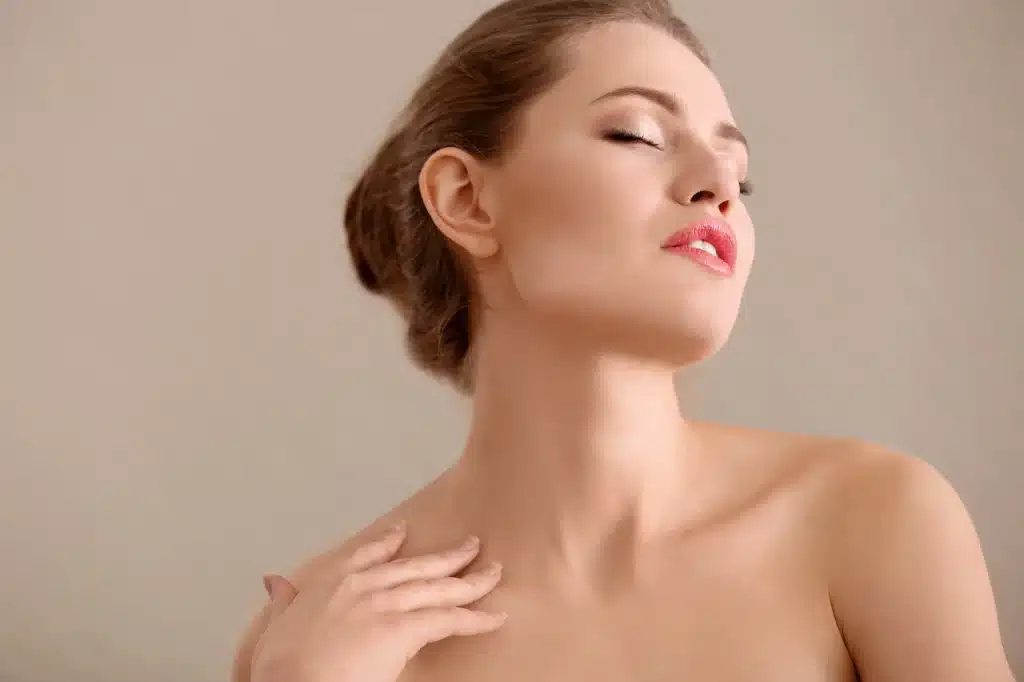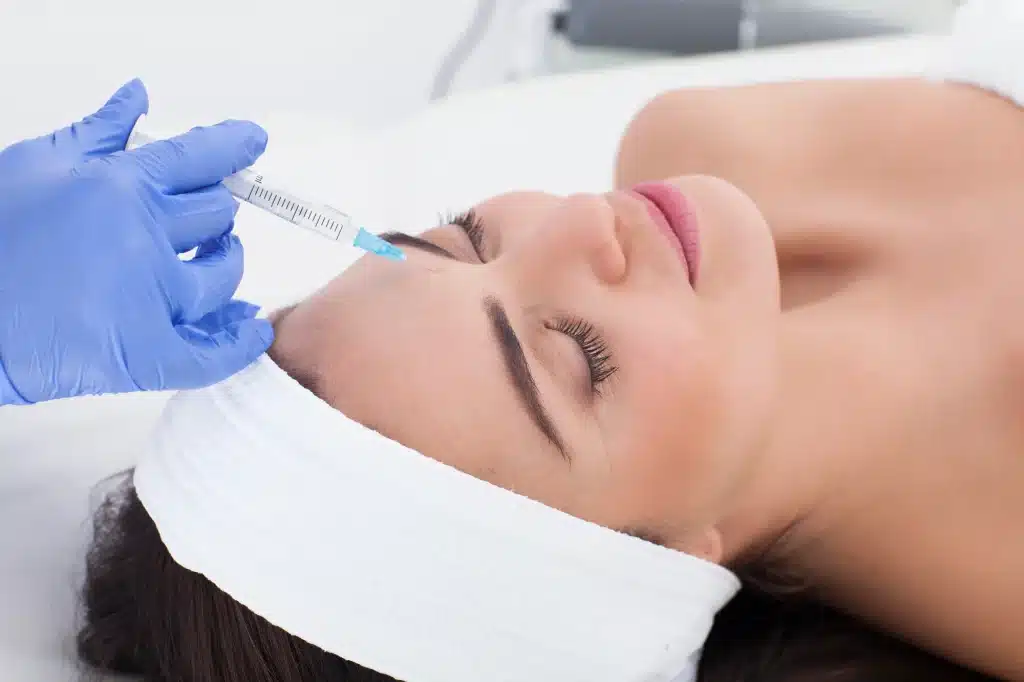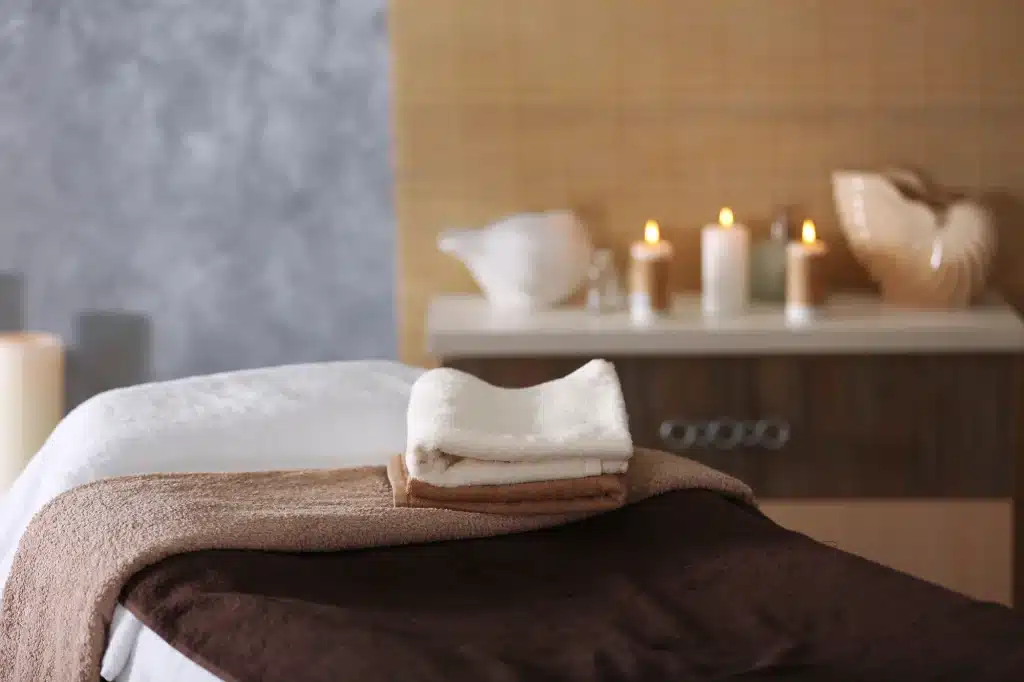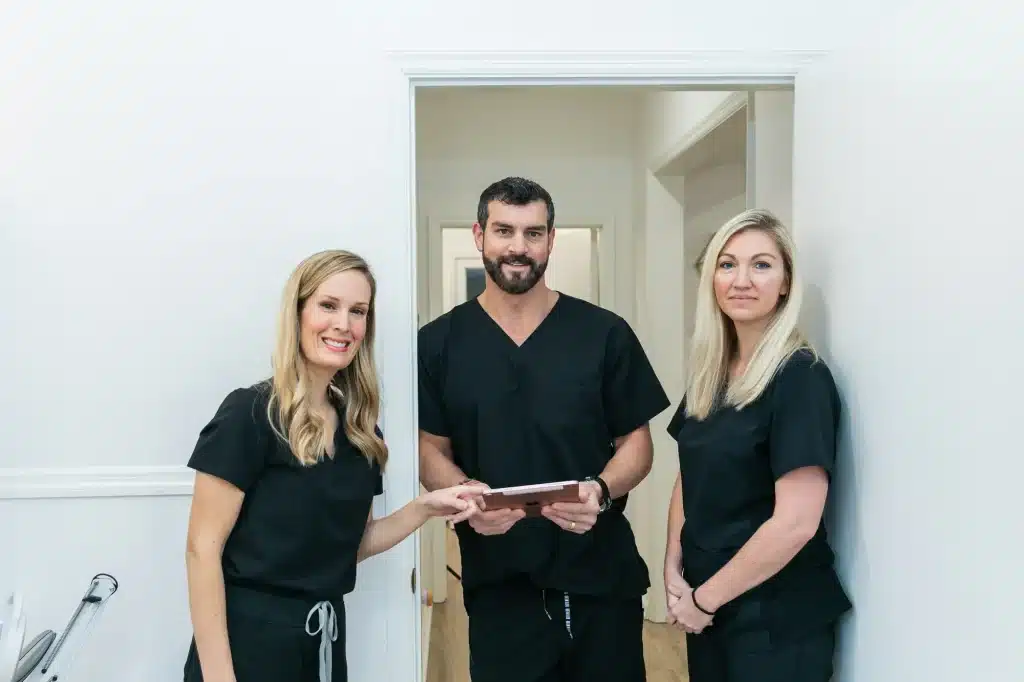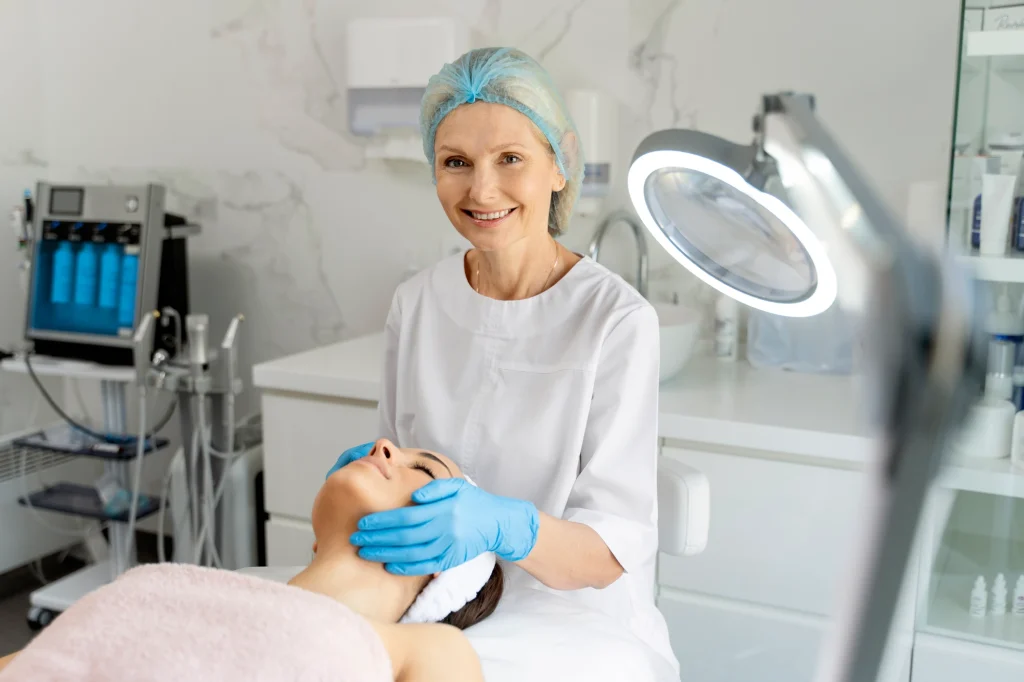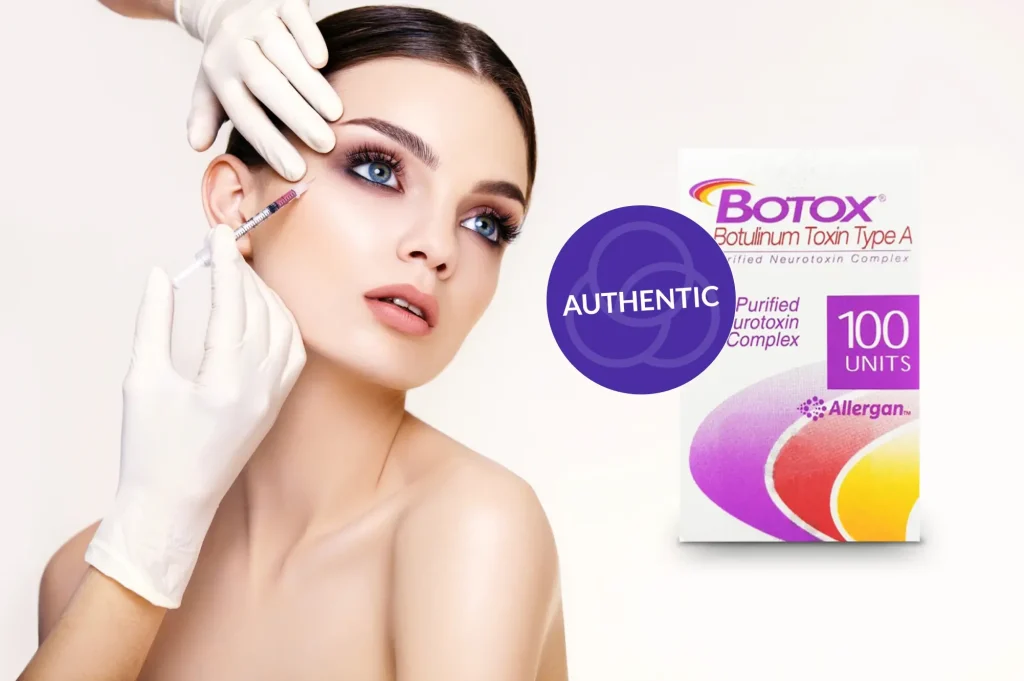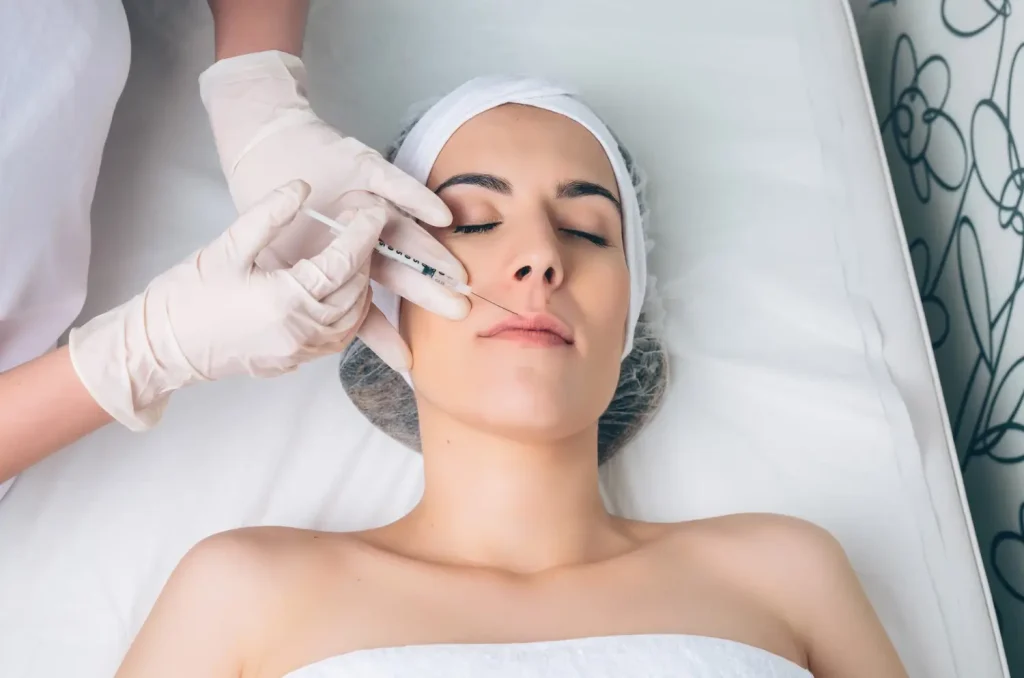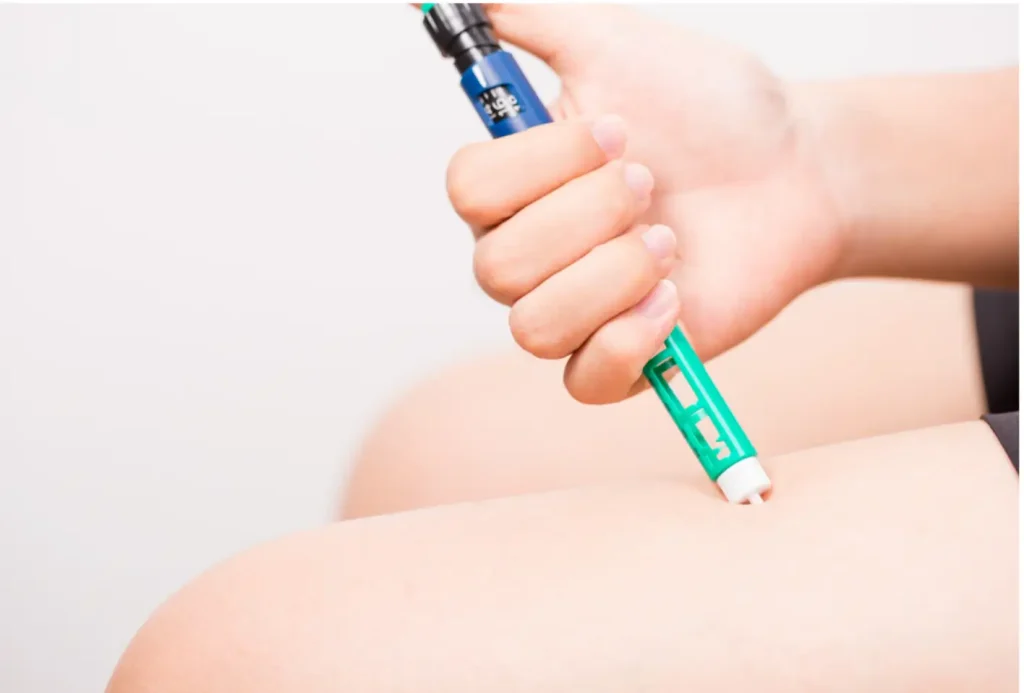In recent years, a growing number of individuals in the U.S. have reported experiencing what experts are now calling “Sunxiety” — a form of anxiety about sun exposure and its harmful impact on the body, which has led to an increased preference for sunscreen. This condition can range from general concerns about sun damage to more intense fears, such as heliophobia.
In this blog post, we will explore Sunxiety and why its implications are crucial for medical professionals, as these anxieties can significantly impact patients’ mental health and lifestyle, as well as their preferences in skin protection through different seasons.
Key Takeaways:
- Sunxiety is a growing concern, characterized by anxiety and fear related to sun exposure.
- This condition can manifest as sun exposure anxiety, fear of sun damage, or even heliophobia (fear of the sun).
- Effective sun protection and proper education can help alleviate these fears.
- Sunlight, while essential for vitamin D production, poses risks if exposure is excessive.
- Medical professionals should recognize and address sun anxiety in their patients.
What is Sunxiety?
While many embrace the warmth of the summer sun, some are taking extra precautions by avoiding it completely.
Sunxiety, or sun exposure anxiety, is the fear and worry associated with being exposed to the sun. This condition has become more prevalent as awareness of the harmful effects of UV radiation has increased. While it’s important to be cautious about too much exposure to the sun, Sunxiety can lead to excessive worry, causing individuals to avoid outdoor activities altogether.
Dr. David Reid, the head of dermatology at Rush University Medical Center, said for NBC Chicago, “Some people are so fearful of the sun that they’re actually either covering up completely when they do go out, or staying indoors essentially throughout all of the day.”
“Sunxiety is real. It refers to a fear of the sun or the potential harm it may cause, and we’re seeing this more frequently among our patients,” he elaborated.
The Impact of Sun Damage Anxiety
The growing concern around sun exposure continues to rise. According to a survey by the behavioral research firm Veylinx in June 2024, while 71% of people enjoy their time in the sun, 38% admit they never feel entirely comfortable under its rays, and 41% express concern about the risks of sun damage.
This anxiety is not without reason. As Dr. Reid highlights, “There’s evidence that sun exposure, especially excessive sun exposure, does cause skin cancer or is associated with it. Also, it is associated with accelerated aging of the skin.”
This statement is further reinforced by the recent Google Trends report revealing that searches for “what does skin cancer look like” have reached unprecedented levels — indicating increased anxiety surrounding sun exposure and the need for ongoing education about the risks of UV radiation and the importance of consistent sunscreen use.
The Need For Greater Sunscreen Usage Awareness
Sunscreen usage remains a seasonal habit for many, according to the Veylinx survey. Although 65% prefer sunscreens with SPF levels above 40, only 27% of respondents use them all year round. During the summer, sunscreen use slightly increases, with 30% of consumers applying it daily and another 25% doing so five to six times a week.
This study highlights the need for greater awareness of the efficacy of year-round sun protection, as many still limit their sunscreen use to warmer months. Also, the study further reveals that friends (42%) and social media (35%) are primary in spreading information about new sunscreen products.
Managing Sunxiety: Practical Approaches
Medical professionals are crucial in guiding individuals towards healthier relationships with sun exposure while mitigating their anxiety.
Let’s see some practical approaches that, when implemented effectively, can help patients manage their Sunxiety and lead healthier, more balanced lives.
- Educate patients about the risks and benefits of sun exposure and how to enjoy the sun safely.
- Recommend high-quality sun protection products to boost confidence in managing UV exposure.
- Reassure patients that they can engage in outdoor activities safely with the proper precautions.
- Address emotional aspects of Sunxiety by suggesting stress-reduction techniques like mindfulness or counseling.
- Encourage proactive sun protection measures, including sunscreen, protective clothing, and seeking shade.
Effective Sunscreen Products in Reducing Sun Anxiety
One of the most effective ways to manage Sunxiety is through proper sun protection. There are many top-performing products in the market now. One of them is Repaskin Fluid, which offers high-level protection against UV radiation, eases concerns about sun damage anxiety and prevents premature aging skin.
Another excellent sunscreen product is Azelac RU, designed to protect the skin while addressing hyperpigmentation concerns. It’s also suitable for all skin tones.
Products offering anti-aging benefits drive a 49% surge in demand, with hydrating products following at 33% and those containing vitamin C at 23%. These added benefits drive higher demand and lead to consumers being willing to pay more for them.
Conclusion
Sunxiety is an increasingly recognized issue among patients, driven by the growing awareness of the risks associated with too much exposure to the sun. While caution is necessary, it’s important to address these fears in a balanced manner to prevent them from negatively impacting overall health.
By promoting effective sun protection and educating patients on the benefits of moderate sun exposure, medical professionals can help alleviate sun exposure anxiety and improve their patient’s quality of life.
FAQs
What is the fear of sun damage?
The fear of sun damage, often referred to as sun damage anxiety, is a concern about the harmful effects of UV radiation, including skin cancer and premature aging. This fear can lead to excessive worry and avoidance of sunlight.
Can sunlight cause anxiety?
Yes, in some individuals, the awareness of the potential harm from sun exposure can trigger sun exposure anxiety or Sunxiety. This anxiety may result in significant lifestyle changes, such as avoiding outdoor activities.
Is Heliophobia rare?
Yes, heliophobia, or the extreme fear of sun exposure, is quite rare. However, when it occurs, it can cause severe anxiety and require professional treatment.
References
1. “Study Uncovers Growing Sunxiety and Demand for Multi-Functional Sunscreen.” PR Newswire. https://www.prnewswire.com/news-releases/study-uncovers-growing-sunxiety-and-demand-for-multi-functional-sunscreen-302187269.html
2. “Sunxiety: A Common Concern Among Patients.” NBC Chicago. https://www.nbcchicago.com/news/health/health-wellness-science-news/sunxiety-a-common-concern-among-patients-dermatologist-tips-to-ease-your-mind/3497680/
3. “Sunxiety: Understanding the Growing Concern of Sun Exposure Anxiety.” Health News. https://healthnews.com/news/sunxiety-summer/


